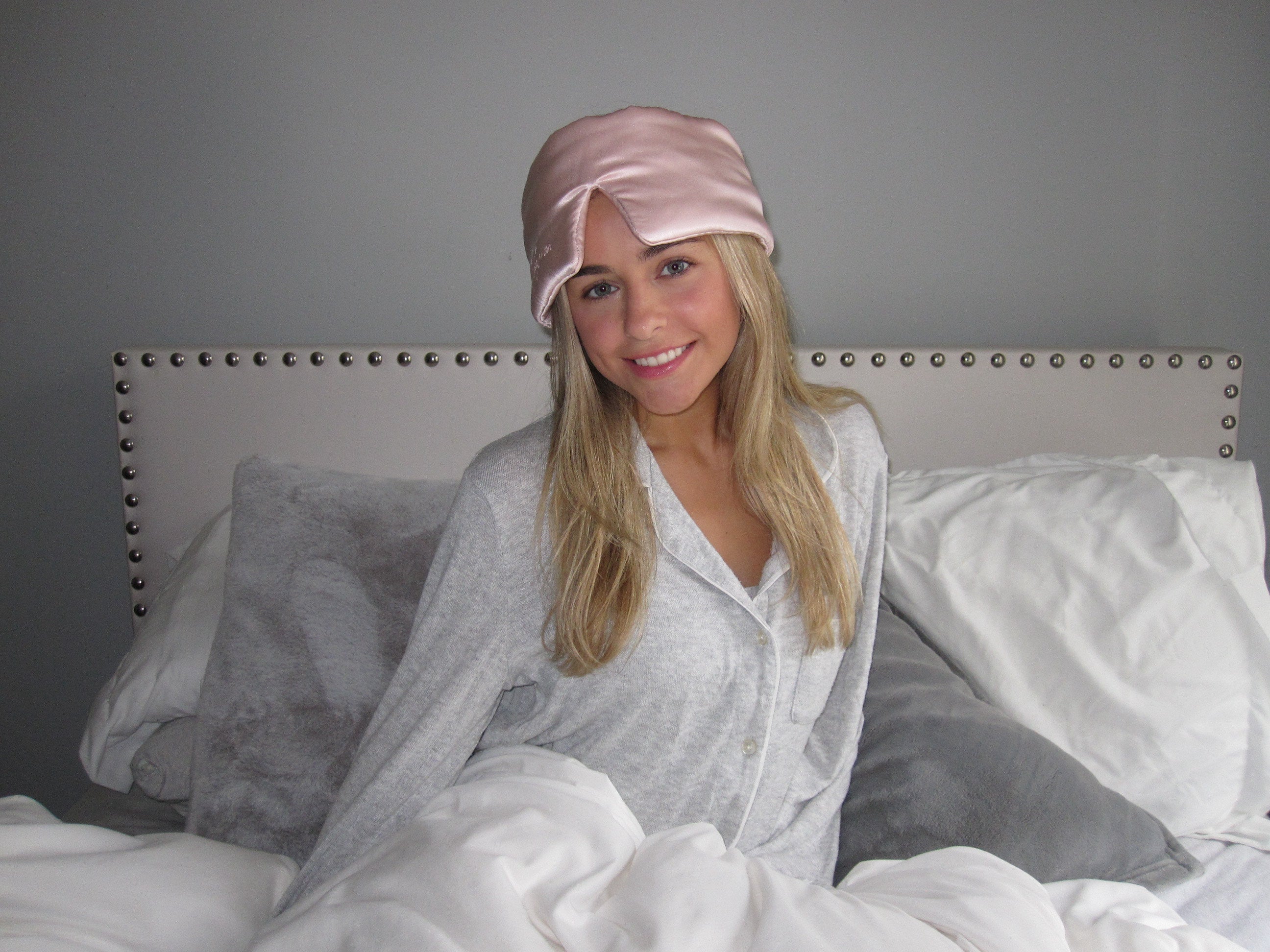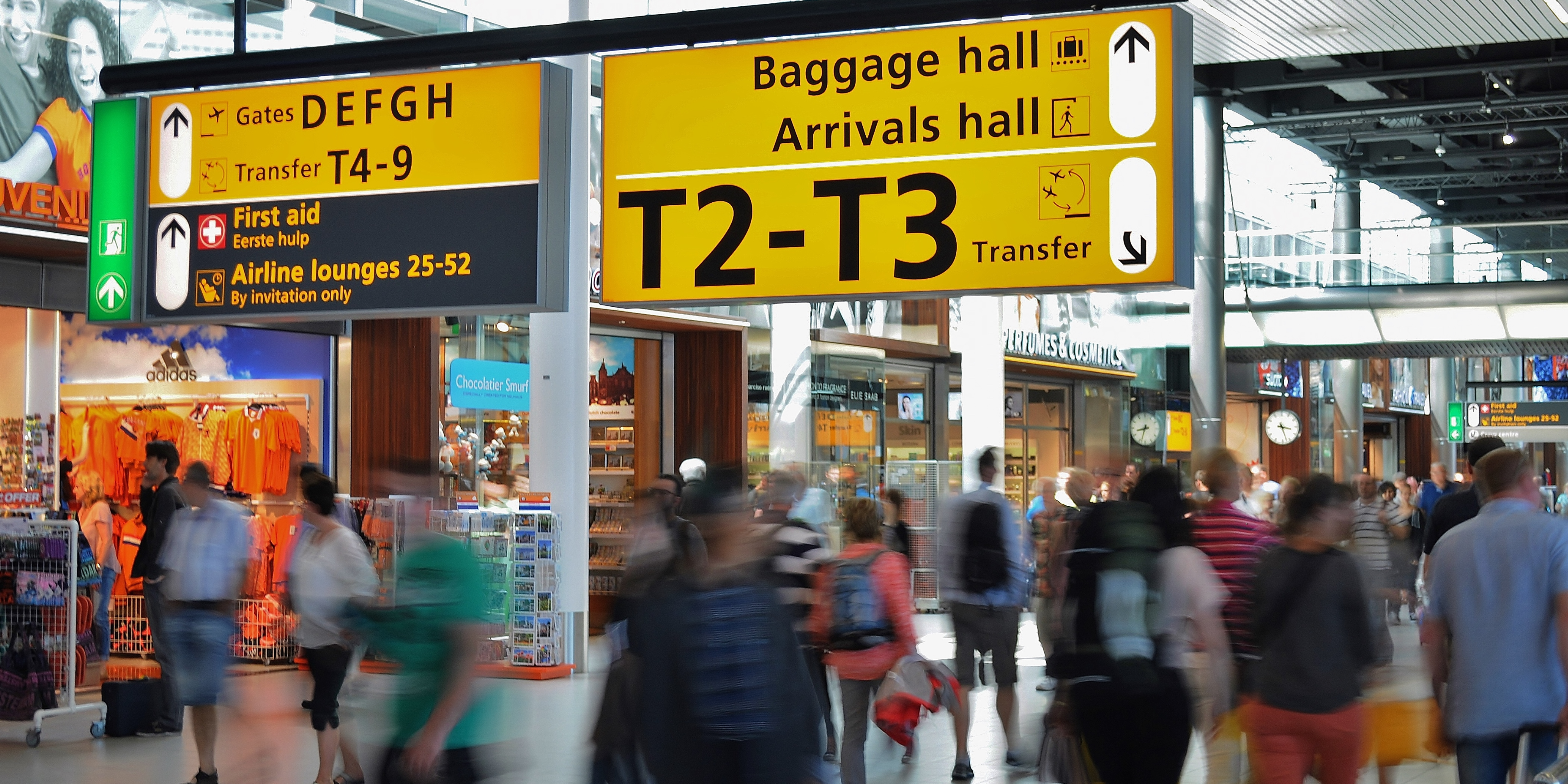5 Science Backed Tips On How To Fall Asleep Faster

It’s 2 a.m., and you’ve been scrolling through Instagram reels, TikTok, and finishing the latest episode of your favorite TV series. You’ve been trying to fall asleep, but your mind just won’t wind down. You’re not alone—over 33% of people in the United States struggle with falling asleep. While this might feel manageable on a regular day, it becomes a real issue when you have an important presentation, job interview, or competition the next day. The psychological stress of knowing you only slept for five hours can significantly impair your performance.
Sleep is the best form of recovery, and ensuring you get adequate rest each night is crucial for feeling your best. Lack of sleep drains your mental abilities and puts your physical health at risk. While it’s daunting to think about the negative effects of sleep deprivation, it’s more motivating to focus on the positive benefits of getting enough sleep. During sleep, your body repairs cells, reduces inflammation, and balances hormones—leading to healthier skin, an improved mood, and better overall well-being. Adequate sleep also helps reduce dark circles, fine lines, and puffiness, giving you a more youthful appearance. It boosts energy levels, sharpens cognitive function, and supports emotional balance, helping you wake up refreshed and ready to tackle the day with confidence.
With that in mind, here are our top tips for falling asleep faster so you can maximize your time in bed:
1. Increase Sunlight Exposure Early in the Morning
Getting sunlight exposure early in the morning can help you sleep better at night by calibrating your circadian rhythm, or “inner clock.” Your body takes note of the light it’s exposed to during the day and uses it to determine when it’s time to go to bed and wake up. Studies have shown that daylight exposure can increase sleep duration and improve sleep quality. According to Smita Patel, a member of the medical expert board, “Sunshine may play a role in regulating hormones, your body’s internal clock, and sleep patterns by affecting melatonin secretion in the evening hours prior to bedtime.”
2. Decrease the Temperature in Your Room
The thermal environment is one of the most important factors that can affect sleep. Heat exposure increases wakefulness and decreases both slow-wave sleep and REM sleep. Humid heat exposure further increases the thermal load during sleep, disrupting all stages of thermoregulation. To fall asleep faster, aim to maintain a room temperature between 60 and 67 degrees Fahrenheit.
3. Sleep in Complete Darkness
Your sleep environment significantly impacts your overall sleep quality. Besides ensuring your room is quiet, sleeping in complete darkness is essential. The room should be so dark that you can’t even see your hand in front of your face. Exposure to light interferes with your internal clock and signals to your body that it’s time to wake up. While blackout curtains can help, they might not be enough if light seeps in from other sources, like under the door or from electronic devices. A great way to ensure complete darkness is by using a Deep Sleep Mask from Owl Sleep Co - $50.
By wearing this mask, you not only protect your eyes from light exposure but also prevent your face from pressing into your pillows, which can help reduce wrinkles.
4. Establish a Nighttime Routine
If you’re serious about improving your sleep quality, it’s crucial to have a structured bedtime routine. Here are some standards we recommend:
- Eliminate blue light exposure 45-60 minutes before bed: Shut down your electronics and choose an activity that doesn’t involve blue light, such as reading, meditating, doing yoga, or journaling. Blue light interferes with your body’s ability to interpret the time of day, preventing melatonin production and making it harder to fall asleep.
- Avoid substances: The consumption of nicotine, alcohol, and caffeine can negatively affect your body and lead to poor sleep quality. While these substances might help you fall asleep faster, the quality of your sleep will suffer.
- Stick to a consistent bedtime: While staying up late watching TV or scrolling on social media can be tempting, maintaining a strict bedtime schedule will make it easier to fall asleep as your body gets used to a regular “internal clock.” Choose a bedtime that fits your schedule and allows for at least seven hours of sleep.
5. Avoid Eating Right Before Bed
A recent study by the American Time Use Survey found that eating just 90 minutes before bed increases your chances of waking up soon after you fall asleep. Although this tip isn’t directly about falling asleep, it’s about staying asleep and ensuring you complete all essential sleep cycles. Additionally, avoid drinking large amounts of water before bed, as this can lead to waking up in the middle of the night to use the bathroom. Stay hydrated throughout the day, and consult your doctor if any of these tips may interfere with your overall health.
Sleep Soundly with an Owl Sleep Co. Sleep Mask
Struggling to fall asleep is frustrating and can take a toll on your mental and physical health. We hope these tips help you fall asleep faster and improve the quality of your sleep.
If you’ve tried blackout curtains and blue light glasses without success, it’s time to try a Deep Sleep Mask from Owl Sleep Co. This mask blocks out all light, boosting melatonin production and making it easier to fall asleep. Made from the highest quality mulberry silk, it’s like a pillow for your eyes, offering both sleep and beauty benefits by reducing fine lines and dark circles. The adjustable straps make it easy to gently wrap around your face, helping you drift off into a restful night’s sleep.


